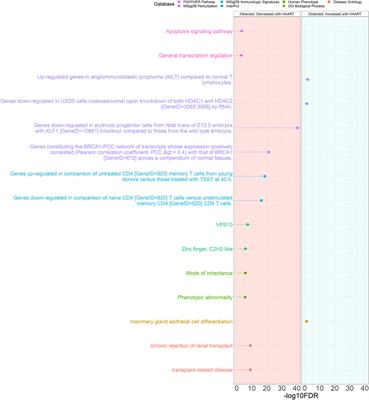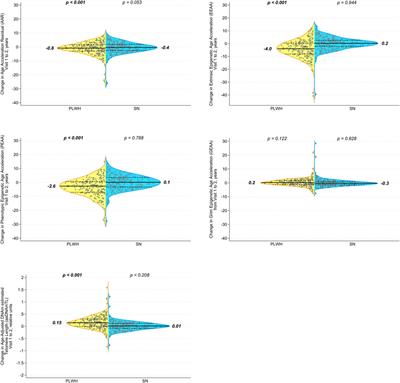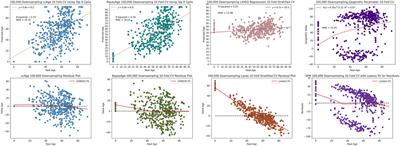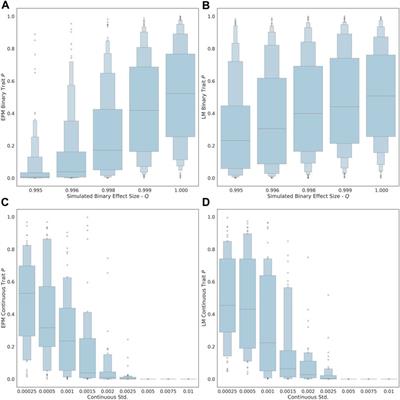ORIGINAL RESEARCH
Published on 24 May 2024
Effects of highly active antiretroviral therapy initiation on epigenomic DNA methylation in persons living with HIV

doi 10.3389/fbinf.2024.1357889
- 1,595 views
- 1 citation
2,618
Total downloads
10k
Total views and downloads
ORIGINAL RESEARCH
Published on 24 May 2024

ORIGINAL RESEARCH
Published on 24 May 2024

EDITORIAL
Published on 03 May 2024
ORIGINAL RESEARCH
Published on 04 Apr 2024

ORIGINAL RESEARCH
Published on 04 Mar 2024

METHODS
Published on 03 Jan 2024
